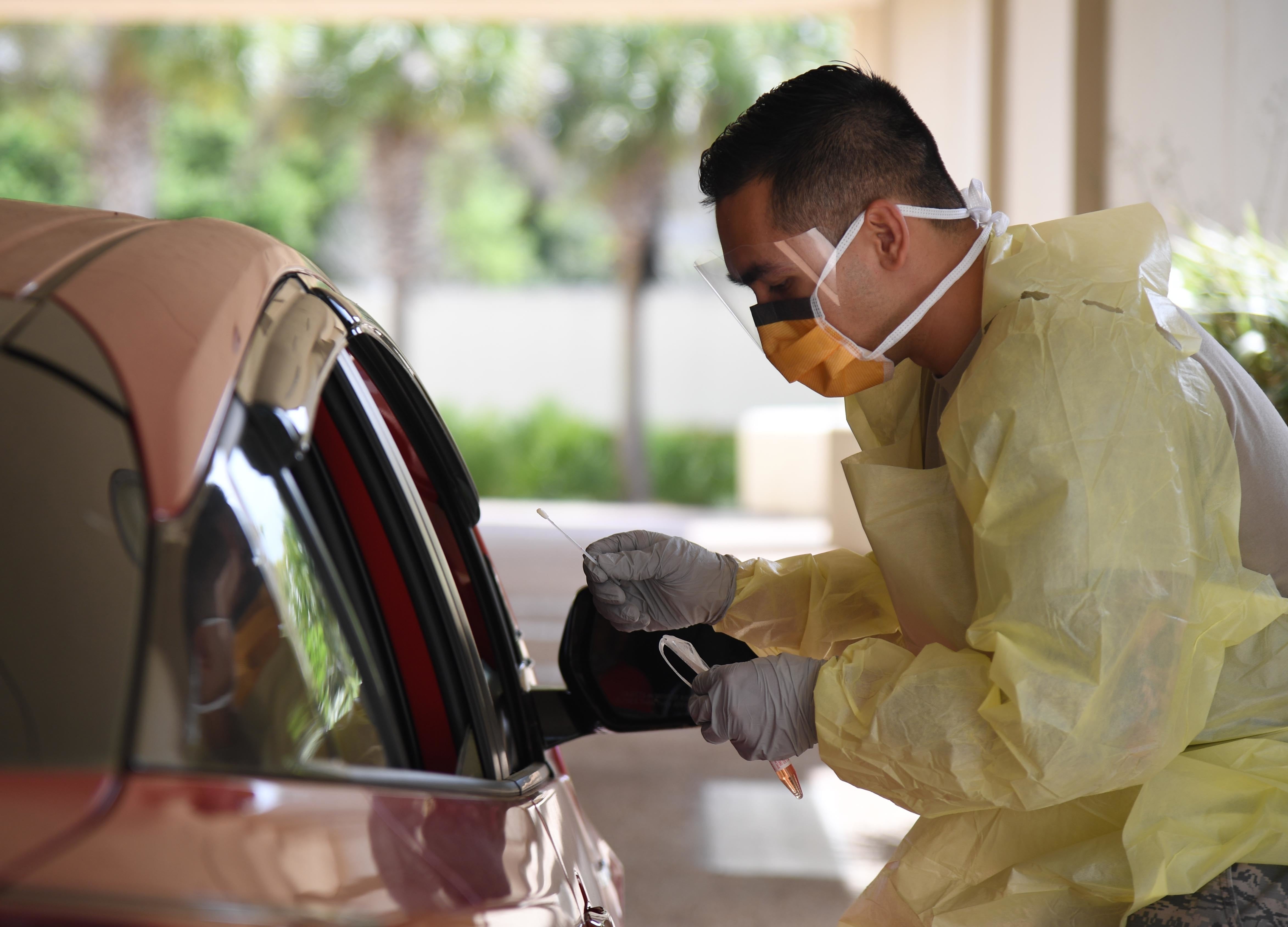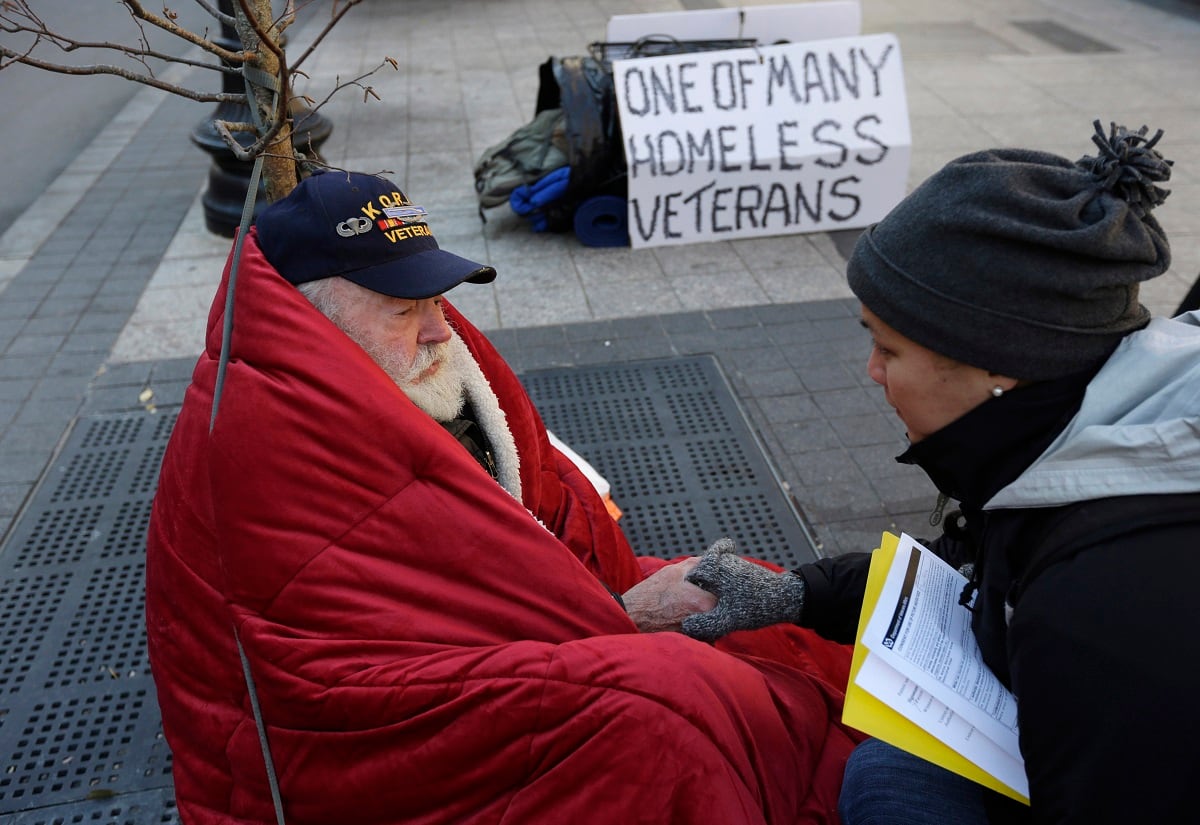Even among individuals with strong support networks, this year’s coronavirus pandemic led many disabled veterans to feel isolated and fearful, according to a new study from the Wounded Warrior Project released Friday.
The findings were part of the 11th annual membership poll conducted by the group, gathering responses from more than 28,000 wounded veterans. About 95 percent of the group receives some disability payouts from the Department of Veterans Affairs.
Group officials cautioned that the findings do not represent the veteran population as a whole, but instead offer a snapshot into the challenges and successes of veterans living with permanent injuries from their military service.
And although 80 percent of veterans surveyed said they have “people in their lives they can depend on” for assistance, they also reported significant stress related to the ongoing pandemic.
RELATED

Nearly 61 percent said they felt “disconnected” from family, friends or their communities. About 52 percent said that their mental health suffered and 49 percent said their physical health suffered because of social distancing.
More than 41 percent said their employment or work prospects were hurt by coronavirus restrictions, and 34 percent said they have or expect to face significant financial problems.
The responses were compiled May and June, during the initial wave of the pandemic. Amanda Peterson, senior researcher at WWP, said officials are hopeful the stress of the uncertainty of that time (and the months since) are eventually outweighed by the networks already in place to help the disabled veterans.
About 70 percent told WWP staff that they “know where to turn for help if they need it,” and about half said the Department of Veterans Affairs supplied information needed to keep up their medical appointments.
Almost 70 percent said they had at least one scheduled medical visit at VA postponed or cancelled because of the pandemic.
The annual survey covers a wide range of quality of life issues for WWP members. Top health issues included sleep problems (84 percent), post-traumatic stress disorder (83 percent) and anxiety (77 percent).
RELATED

About 30 percent of survey participants reported having suicidal thoughts in the previous two weeks, a figure that was down slightly from one-third in 2019. About 16 percent were unemployed, up from 11.5 percent in 2019.
But 69 percent said their financial situation is the same or better in 2020 than in 2019, and about 42 percent have at least a bachelor’s degree, a number that has steadily risen in recent years.
The full survey is available on the WWP website.
Leo covers Congress, Veterans Affairs and the White House for Military Times. He has covered Washington, D.C. since 2004, focusing on military personnel and veterans policies. His work has earned numerous honors, including a 2009 Polk award, a 2010 National Headliner Award, the IAVA Leadership in Journalism award and the VFW News Media award.





